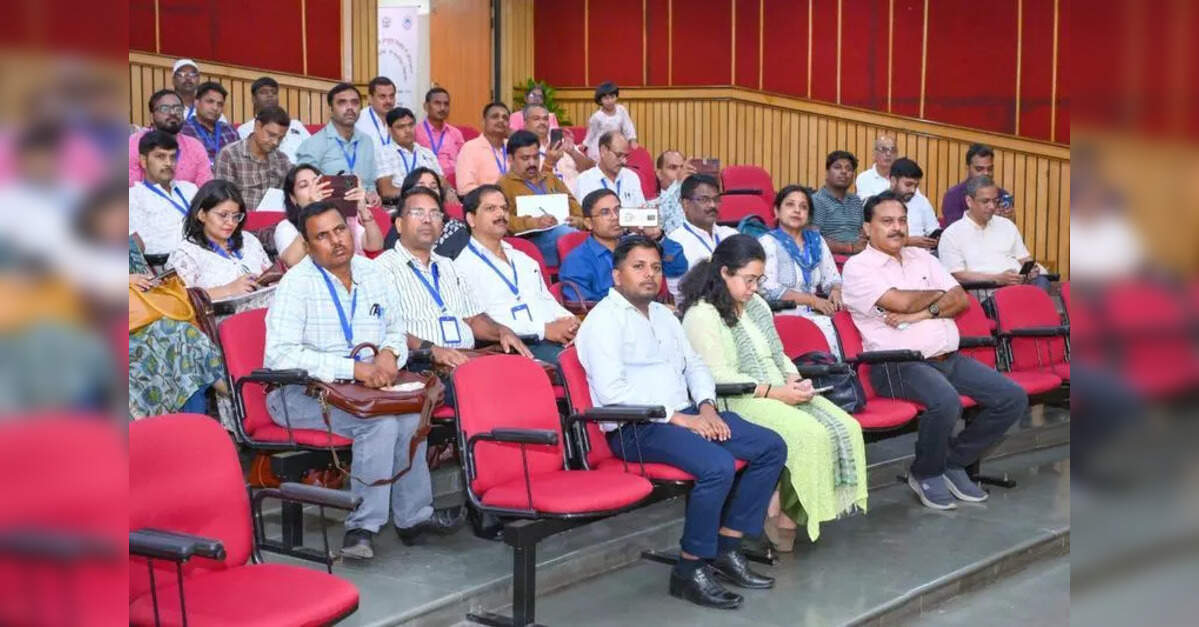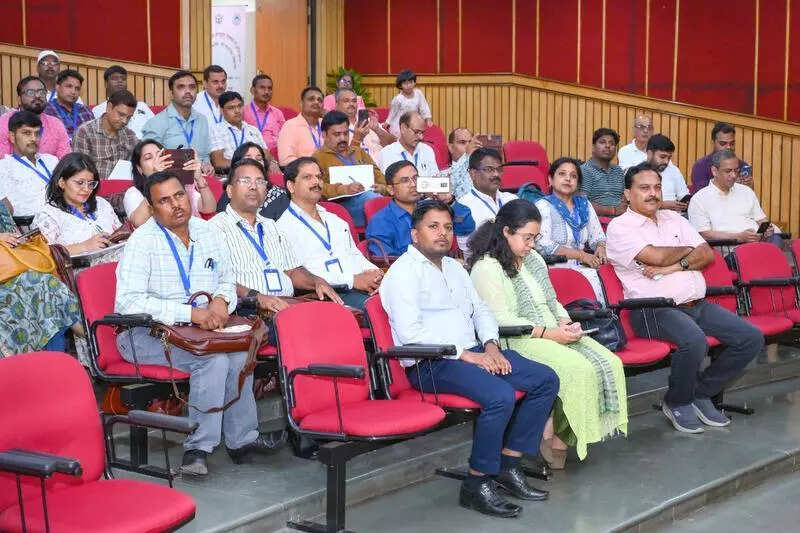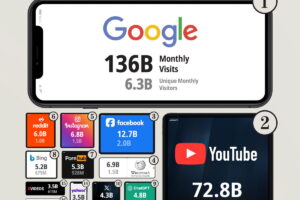
To boost AI skills in UP govt schools, IIT-Kanpur, SCERT starts training programme for teachers, ETEducation

The State Council of Educational Research and Training (SCERT) in association with Indian Institute of Technology, Kanpur has launched an initiative to prepare govt school teachers to deliver future-ready education in line with the National Education Policy (NEP) 2020.
Named ‘digital literacy, computational thinking, coding & AI (DLCCAI)’, this science teacher training programme serves 750 science teachers drawn from PM SHRI Schools, upper primary schools and composite schools from across the state.
Being hosted on the IIT-K campus, the training will be conducted in multiple batches, combining five days of intensive offline training with a structured series of online follow-up sessions to ensure continuity and sustained learning.
Through these 750 teachers, the initiative will reach nearly 75 lakh students from grades 6-8 in govt schools, making it one of the largest teacher training efforts in the country.
“Training teachers in modern pedagogies and technology will inspire a mindset of creativity, problem-solving, and innovation across classrooms in Uttar Pradesh. Over the past few years, SCERT has already integrated digital literacy, coding, and AI into our textbooks. Now, to ensure effective implementation in classrooms, we are taking the next step by partnering with premier institutions like IIT-K,” said Pawan Sachan, joint director, SCERT.
This training marks the first phase of a broader initiative to build future-ready classrooms. These 750 teachers will not only enhance their own understanding but will also act as catalysts in spreading this knowledge to students in their schools.
“Ultimately, our goal is to prepare our children with foundational skills in AI and digital technologies—skills that are essential for the future workforce,” said Sachan.
Sharing his thoughts on digital learning challenges, head of department of design, IIT-K, Prof Satyaki Roy said that when it comes to massive open online courses (MOOCs) for teachers, he doesn’t see major hurdles.
“Teachers often have the systems in place to access the content. However, for students, particularly in rural areas, access remains a significant challenge,” he said.
“Many households still have only one smartphone, which limits consistent usage for learning. As we talk about digital literacy, it’s equally important to train students not just in accessing technology, but also in using it responsibly,” he said.
“DLCCAI is a milestone effort that bridges classroom teaching with emerging technologies, setting the stage for Uttar Pradesh to become a leader in educational innovation,” said Prof J Ramkumar, coordinator and principal investigator of the programme at IIT-K.
Source link



